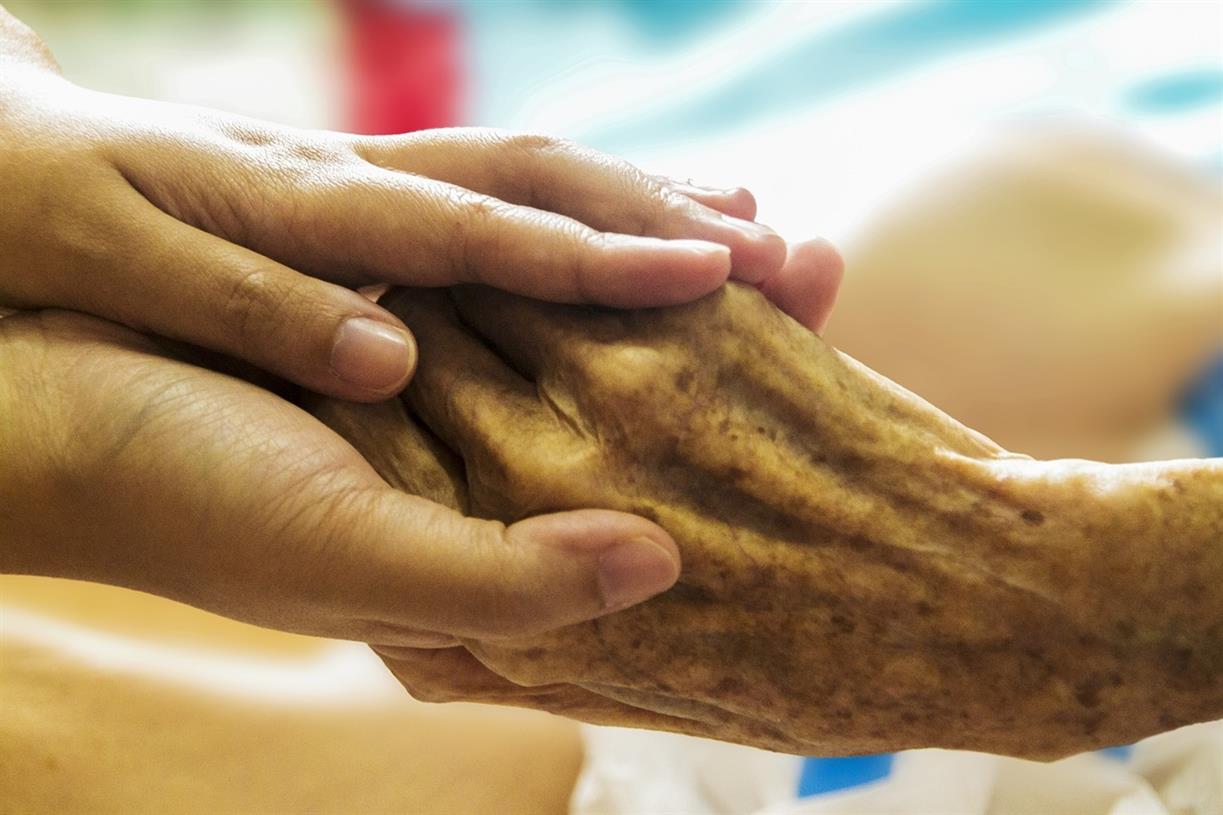More than 60 Marie Curie staff are at risk of redundancy following the permanent closure of a hospice inpatient unit due to “significant financial deficits”.
The end-of-life charity’s 26-bed unit in Woolton, Liverpool, initially stopped taking admissions in July 2024 because of “staffing challenges”, the charity said.
A spokesperson for Marie Curie North West said only six beds were open at the time and the unit had not operated at full capacity since the Covid-19 pandemic.
It has also seen progressively fewer patients due to staffing, access and funding challenges post-pandemic, the spokesperson said.
More than 200 people took part in a protest in February against the charity’s decision to temporarily close the unit.
The charity said it had opened a 30-day consultation with 61 staff and had a “number of redeployment opportunities available for affected colleagues to express interest in”, the spokesperson said.
“The charity’s board of trustees took the difficult decision to permanently close the unit after the Cheshire and Merseyside Integrated Care Board, which plans and buys NHS services for the Liverpool region, confirmed it could not provide sustainable, long-term funding above existing arrangements,” the spokesperson said.
“The hospice remains open for all other services, including outpatient clinics, wellbeing services and will act as a base for its Enhanced Hospice Care at Home service, which delivers expert specialist palliative and end-of-life care to people in their own homes.
“The building will also continue to be the operational base for its north west team, which delivers hospice care in the community across the region.”
Marie Curie recorded an income of £169.7m, spending of £199.2m and has 3,674 employees according to its accounts for the year to the end of March 2024.
Matthew Reed, chief executive of Marie Curie, said the charity and ICB faced “significant financial deficits” and the charity must ensure its finances were sustainable and its funds helped as many people as possible.
“This has been an incredibly tough decision,” he said. “We understand it will be difficult news for future patients, our staff and volunteers and the local community, and we thank them for their support through a period of uncertainty.
“Our priority right now is to support our staff and volunteers who work tirelessly to support patients and their loved ones. We also thank the people of Liverpool for their generous support.
“Like our partners at the ICB, we believe everyone should have access to high-quality palliative and end-of-life care and we remain totally committed to playing a part in delivering this for the people of Liverpool, recognising that most end-of-life care is already provided outside hospice buildings.”
A long-term solution with government and healthcare system partners is needed as costs rise and demand grows, Reed said.
“We remain fully committed to working with the ICB and our partners to find sustainable ways to provide for palliative and end-of-life care – including inpatient beds – in Liverpool,” he said.
“We will also continue to work closely with other hospices and hospitals in Liverpool when patients need inpatient care.”
